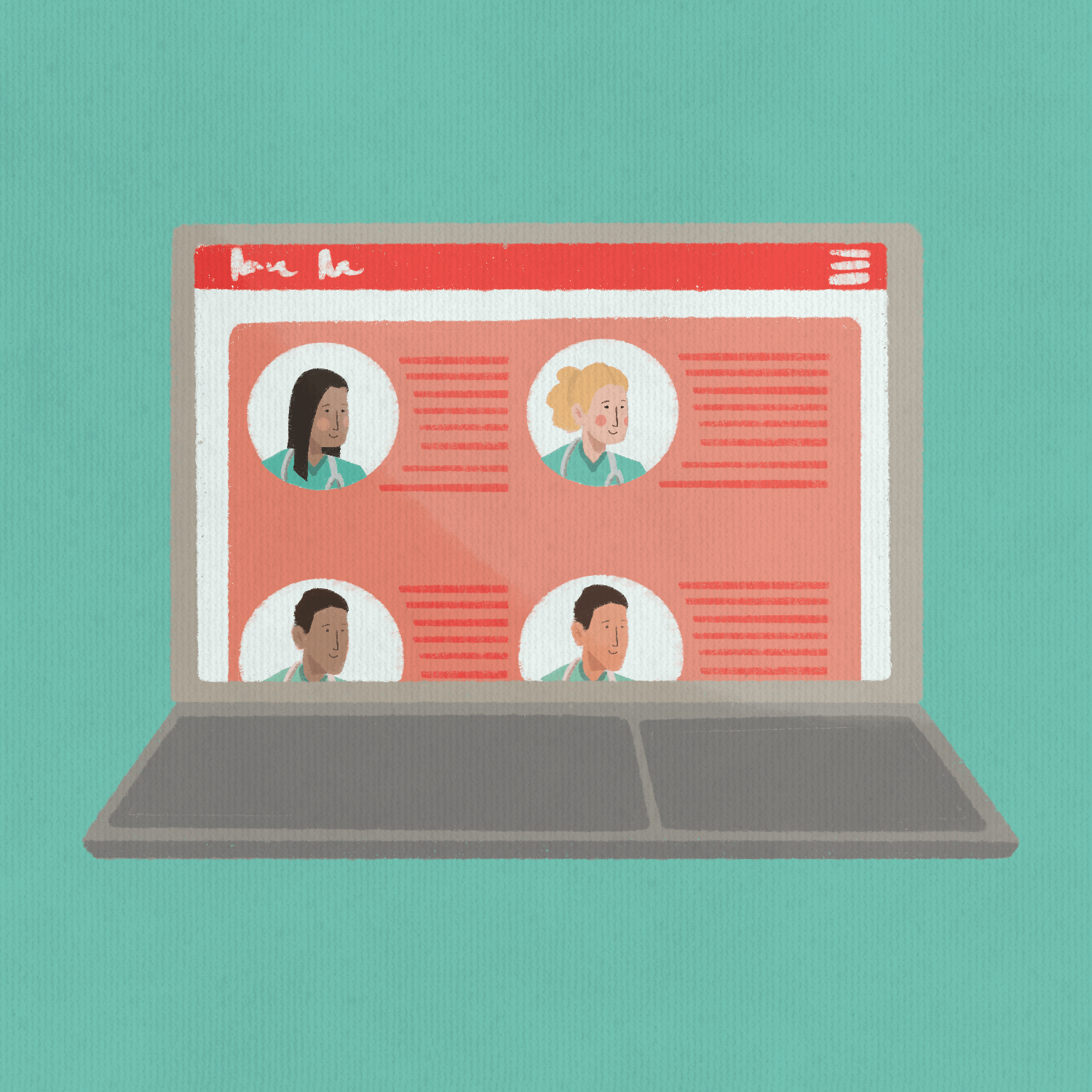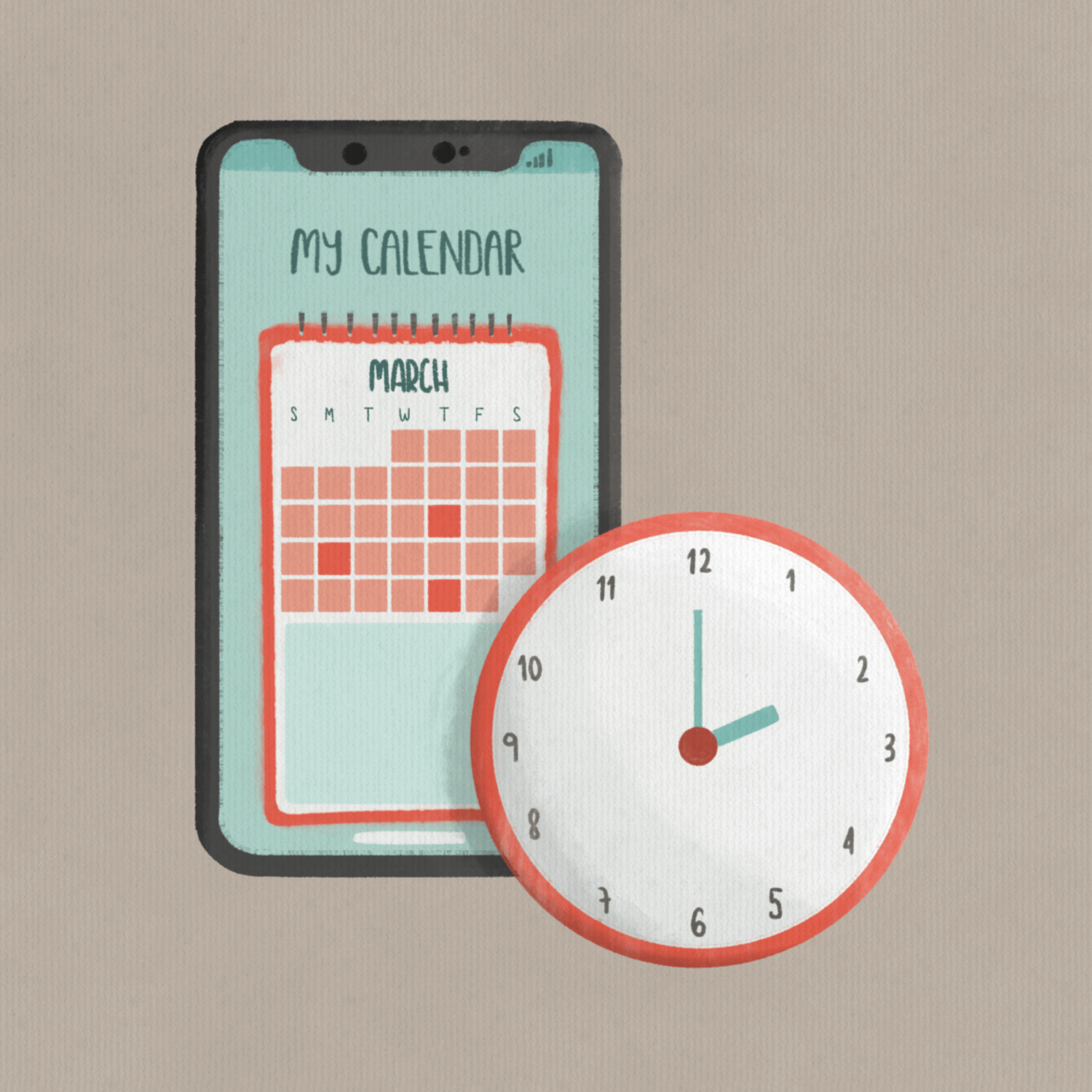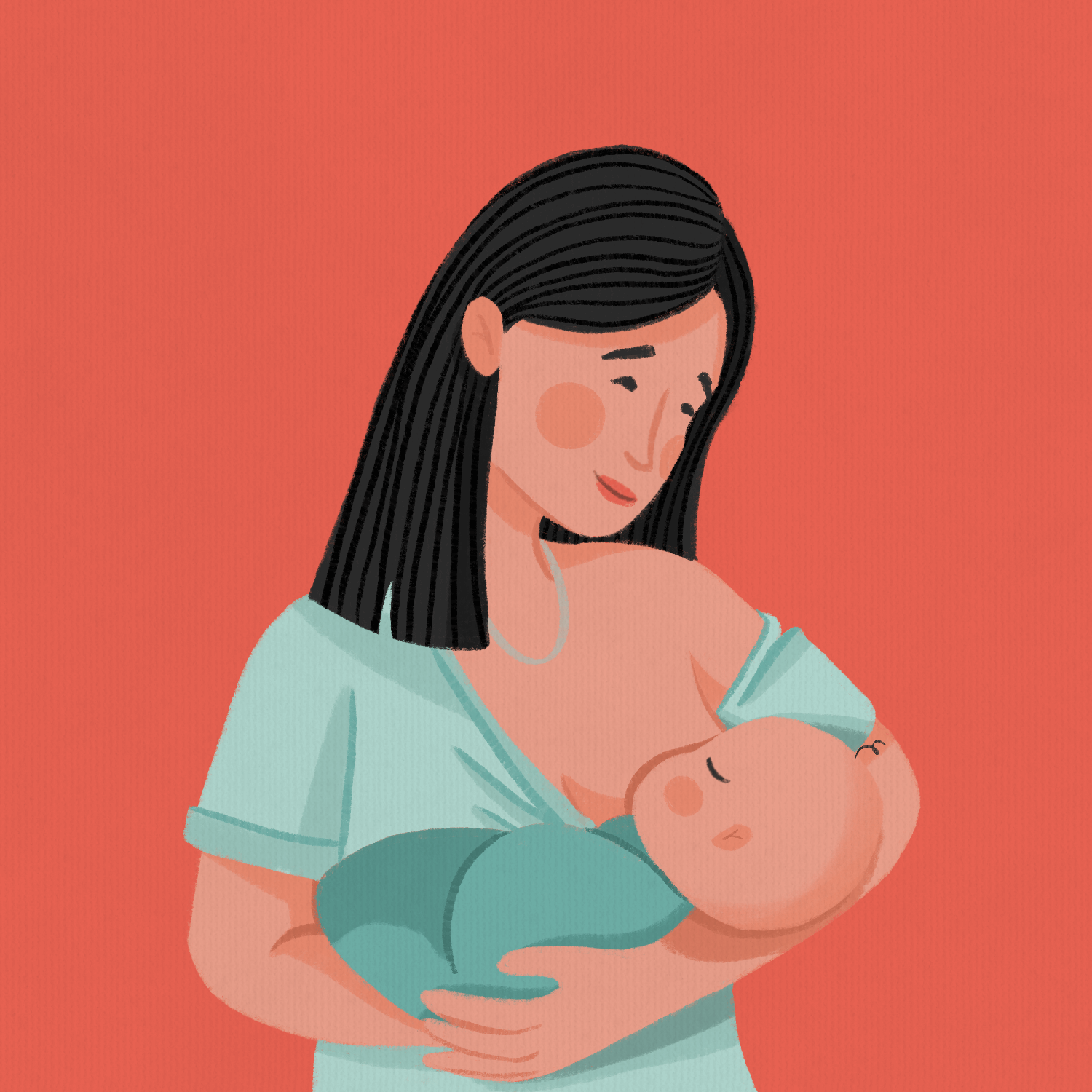Pregnancy Vancouver
Postpartum
Herzlichen Glückwunsch! Поздравляю! (pozdravlyayu!) おめでとうございます (omedetou gozaimasu!) Congratulations! Likely, this is a time of rapid change. While the focus so far may have been on preparing for birth, it's important to also prepare for your baby's arrival. Many cultures have traditions during this time, such as special diets, rest, ceremony and support for the mother. We encourage you to do what feels right for you. Whether you're a first-time parent or experienced, we're here to help you through the joys and challenges of caring for your new baby.


Essentials for Your Postpartum
A quick overview of key milestones, decisions, and health tips for your postpartum. Explore the sections below for more details on what to expect and how to prepare.
Decisions to Make
Day 1–4
- Confirm who will help you at home (partner, family, friends, postpartum doula).
1 Week & Beyond
- Decide where baby’s immunizations will happen (public health unit or primary care provider) and book the first appointment for 8 weeks of age.
6 Weeks
- Discuss next steps for your ongoing care.
- Consider contraception options if applicable for you and decide on a plan.
Health Check
Day 1–4
- Recovery & Mood: Monitor postpartum bleeding, pain, and emotional changes.
- Provider Contact: A Public Health Nurse or Midwife may visit or call soon after you return home and/or you may visit your provider.
1 Week & Beyond
- Ongoing Checkups: A provider may check your physical recovery and emotional well-being.
- If You Feel Overwhelmed: Contact your provider or mental health supports.
6 Weeks
- Comprehensive Postpartum Visit: Discuss birth experience, review any complications, physical exam, mood assessment.
- Address Any Medical Conditions that Arose: High blood pressure, diabetes, thyroid issues, etc. Plan for future care needs.
Tests and Labs
Day 1–4
- Jaundice Follow-up for Baby (though it’s the baby’s test, you may be coordinating).
- Monitoring for Parent if there were pregnancy or delivery complications (e.g., blood pressure checks).
1 Week & Beyond
- Newborn Metabolic Screening Results: Confirm you’ve seen or heard the results (baby’s test).
- Additional Testing: If you had gestational diabetes, iron deficiency, or other conditions, find out your results and what they mean.
6 Weeks
- Follow-Up Labs: Might include blood sugar checks for diabetes, iron levels, or an HPV test if needed.
Lifestyle
Day 1–4
- Avoid/Reduce Alcohol, Marijuana, Nicotine, Other Substances.
- Focus on healthy eating and drink plenty of water (especially if breast/chestfeeding).
1 Week & Beyond
- Gradual Return to Activity: Short walks, gentle stretching, pelvic floor exercises as approved by your provider.
6 Weeks
- Steady Return to Regular Exercise: Gradually return to pre-pregnancy routines and get regular exercise. Check with your provider if unsure.
- Continue Healthy Habits: Balanced meals, vitamins/supplements if offered.
Learn and Ask About
Day 1–4
- Postpartum Recovery: Caring for perineal stitches or C-section incision, normal lochia (vaginal bleeding).
- Breast/Chestfeeding Basics (if applicable): Latching, positioning, early troubleshooting.
1 Week & Beyond
- Infant Feeding Changes: Frequency of feeds, possible growth spurts.
- Community Resources: Parenting groups, counseling, postpartum exercise classes.
6 Weeks
- Future Healthcare: Confirm follow-up with your Family Doctor or Nurse Practitioner.
- Immunizations: If you need adult boosters (e.g., Tdap, flu, COVID, MMR, Varicella/chicken pox, discuss with provider.
- Resources for New Parents: Local community programs, online supports.
Decisions and Planning
As you get used to having a new addition to your family, you may hear different ideas and advice from others. Whether you need support with feeding, information about tests or guidance on follow-up appointments, we have reviewed and gathered reliable resources just for you. Your maternity provider will also be there to guide you. We want you to have the information you need to make decisions that are best for you and your baby.
Decisions and Planning
Recovery
Recovering after childbirth is different for everyone. It’s okay to ask for help and support when you need it. You can learn from elders, get tips from loved ones and talk to your maternity provider. It might also be helpful to write down important information and ask for clarification. We’re here to offer encouragement and resources to support you on this important journey.

Decisions and Planning
Revisiting Your Plans Is Okay
Getting ready for pregnancy can sometimes leave you with lots to think about, so we’ve gathered the resources you need in one place! From tips on preparing for parenthood to expert advice on conception, we’ve got you covered.

Tests, Labs and Appointments
Caring for your health after your baby's arrival is as important as during pregnancy. Follow-up tests, labs and appointments will need to be scheduled. Your maternity provider will help coordinate these for you. Explore our resources to help you get a sense of what's to come. We're here to help you prepare and stay focused on your well-being.
Tests, Labs & Appointments
Healthcare Visit Schedule
Once your baby is born, you will have regular medical appointments to ensure you and your baby are healthy and doing well.

Tests, Labs & Appointments
Maternity Programs and Services
Our website offers essential information to support you throughout your journey. In addition to the services available on our platform, you may also find further support through resources like Pathways BC and BC211.

Self Care
Now that your baby has arrived, it can be valuable to take a moment to look back on how far you've come. No matter how your labour and birth went, we hope you felt supported on the journey of bringing new life into the world. Taking care of yourself at this stage will also be important. It's okay to ask for help. Explore helpful resources on nutrition, exercise, mental health and more to support your overall well-being.
Self Care
Your Mental Health
After having a baby, it can be common to feel sad or down. In addition to your healthcare provider, The Pacific Postpartum Support Society can support new parents who are facing mental health challenges. We’ve also gathered helpful resources for you here. Talking to a mental health professional who can guide you through this is critical to prioritize your safety and your baby’s well-being. Please know that you are not alone, help is available.
Disclaimer: Mental health is a sensitive topic that can be hard to discuss. If you feel distraught or have thoughts of hurting yourself or your baby, please seek support immediately. Call emergency services (911) or the crisis helpline (310-6789).

FAQs
This can be a time of adjustment and surprises. There may be unexpected challenges, whether it's bleeding, pain, feeding concerns, sleep or mood. Even experienced parents can feel unprepared! To help you feel more in control, check out the valuable resources we've reviewed and highlighted for you. Taking care of your whole self is important as you step into early parenthood.
FAQs
Breast/Chest Feeding
Breast/chest feeding your baby can be a powerful experience that offers bonding and health benefits. However, it’s not always easy or possible for everyone, and that’s okay. Whether you choose to breastfeed, formula feed or both, what matters is that your baby gets the nourishment they need. Our resources will help you make informed decisions. Remember, there’s no one right way to feed your baby. Whatever your path, we want you to feel supported on this journey.

FAQs
Maternity Programs and Services
Our website has lots of important information to guide you in your journey. While we continue to expand our content, we recommend exploring services and programs in Vancouver through Pathways BC and BC211. These resources can provide additional information and support.






